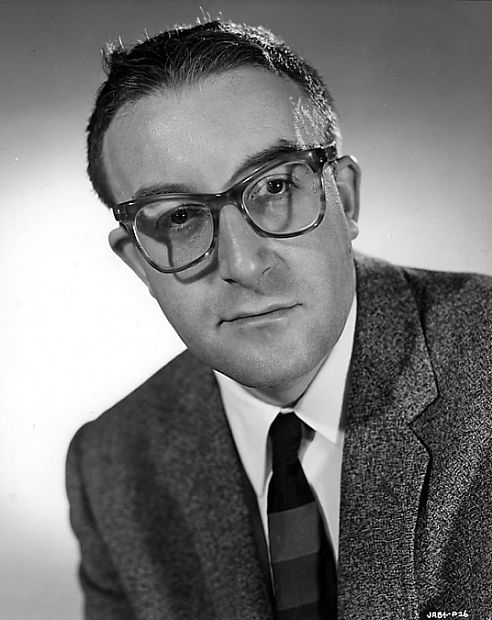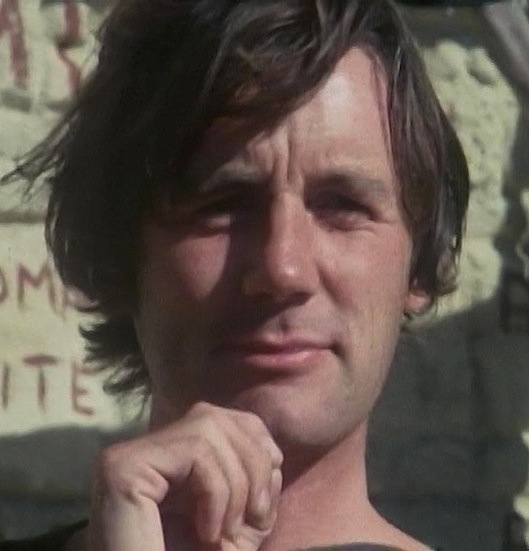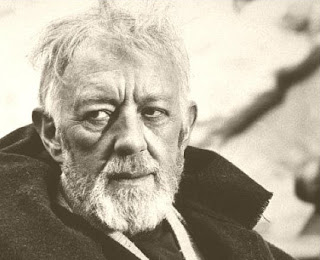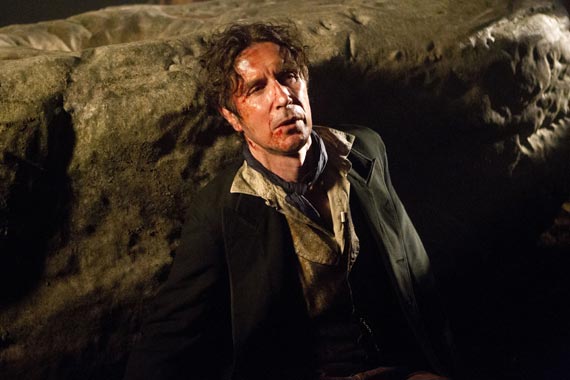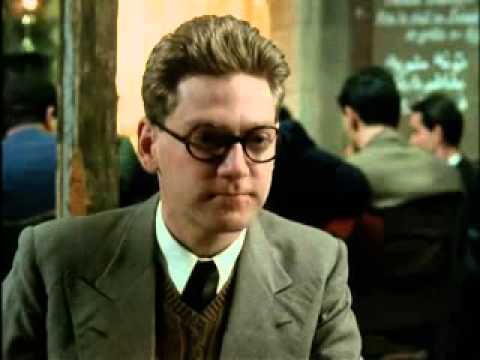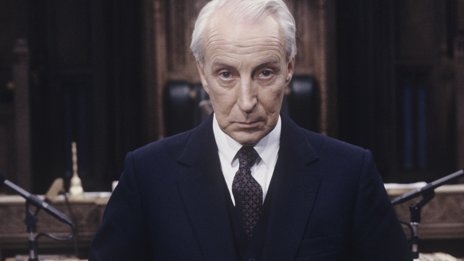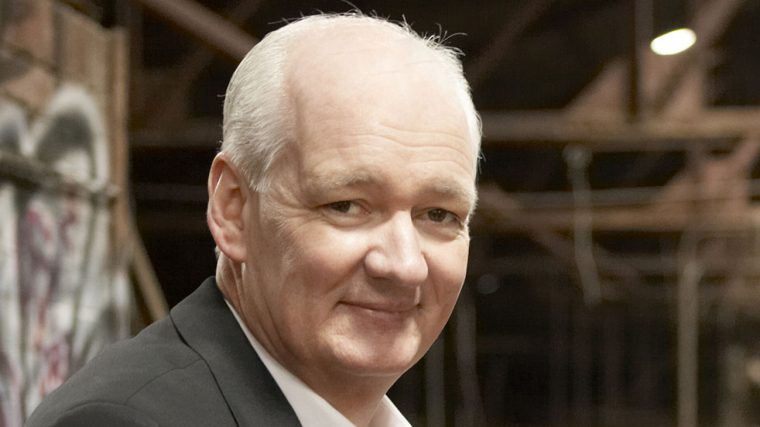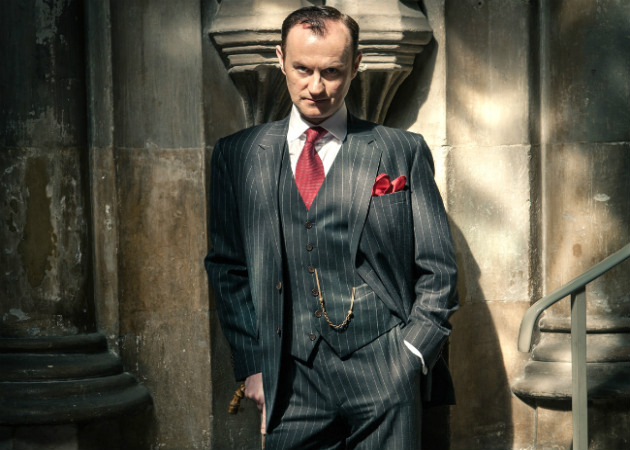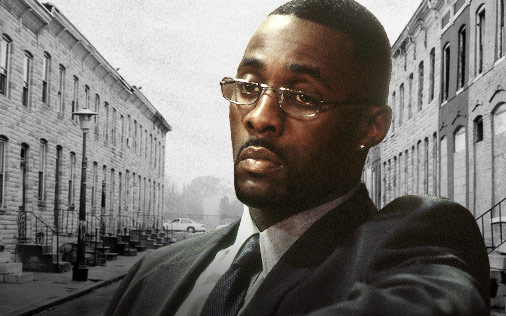General TLIAD Intro
Hello there. You've never finished anything, have you?
Yes, but that's not important.
Doctor Who? We're going with that again? That's an idea used quite often.
Yes, so?
Whatever, get on with it.
Yes, sir!
Yes, but that's not important.
Doctor Who? We're going with that again? That's an idea used quite often.
Yes, so?
Whatever, get on with it.
Yes, sir!
